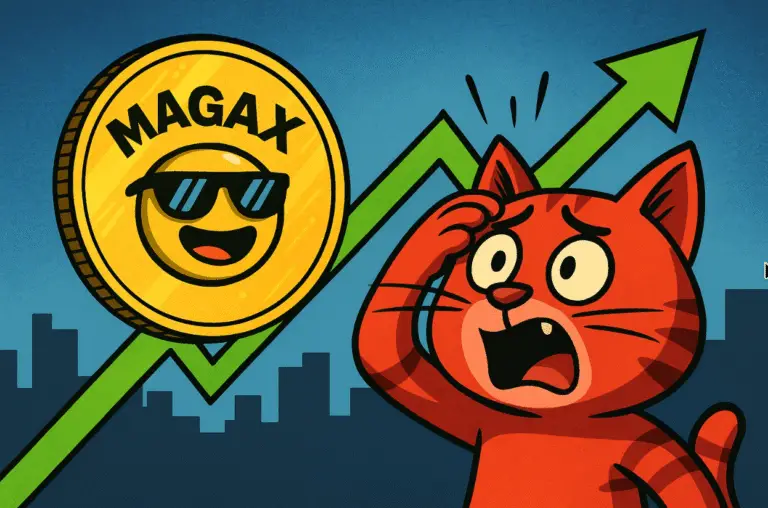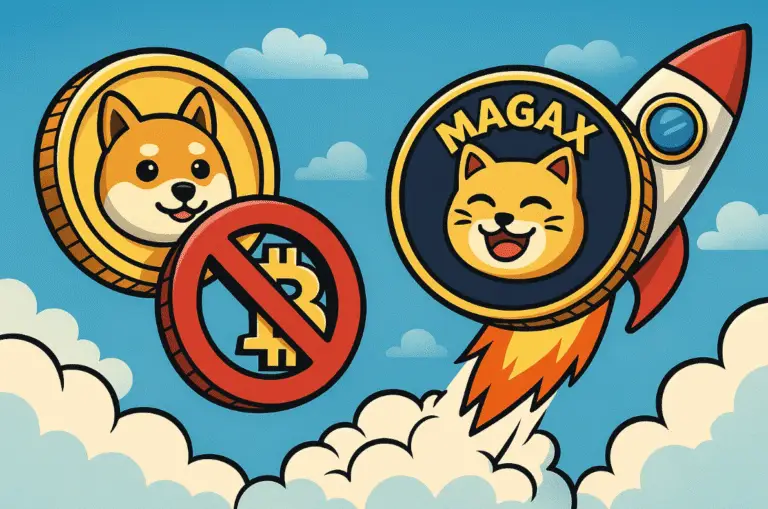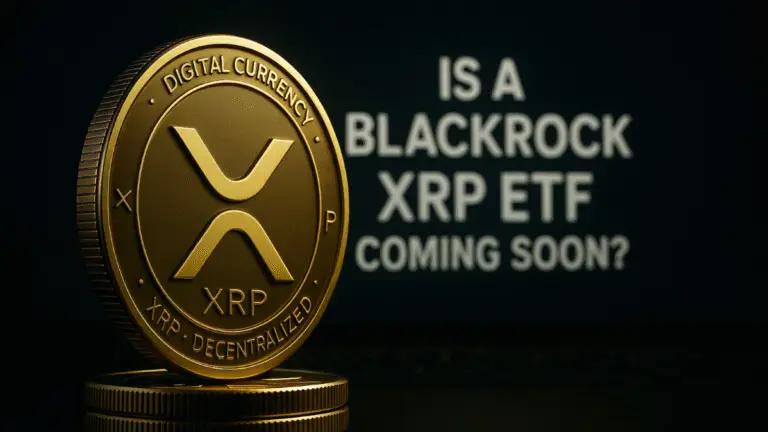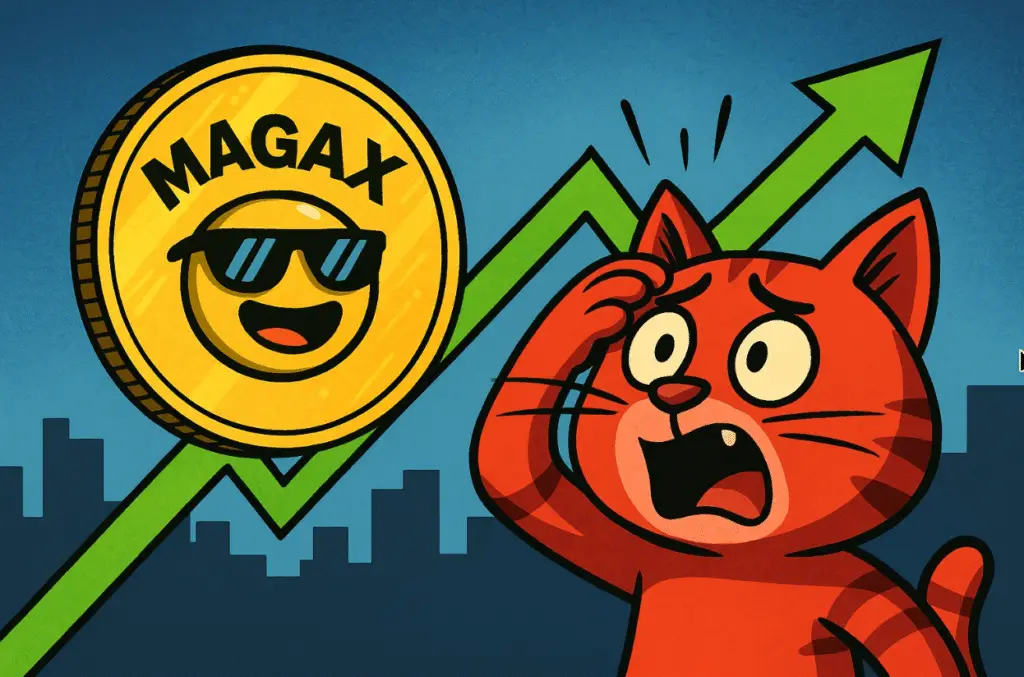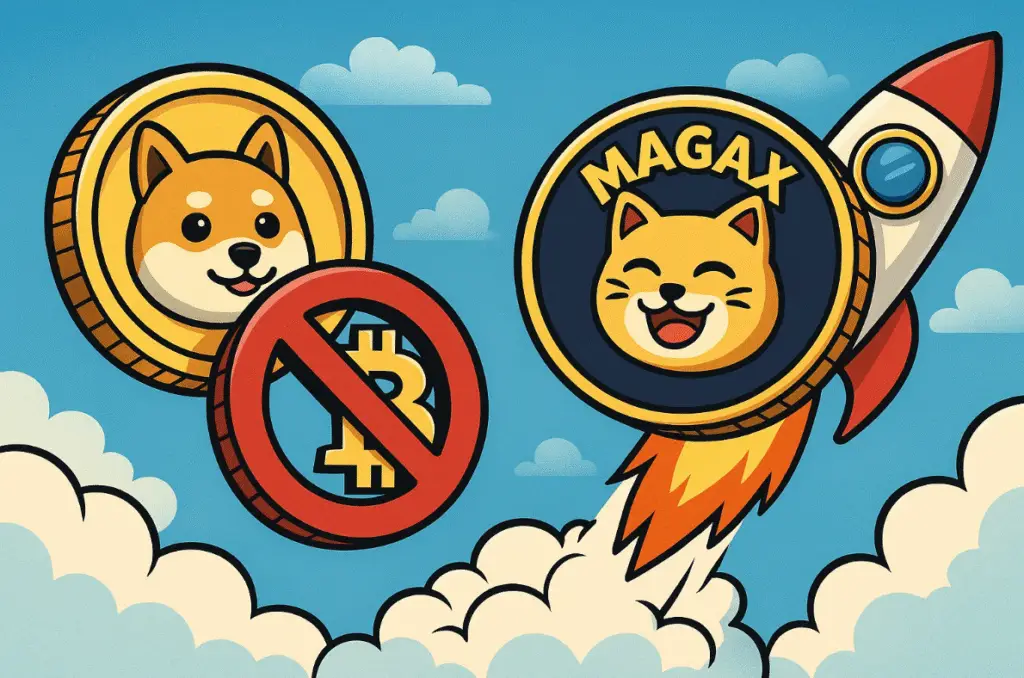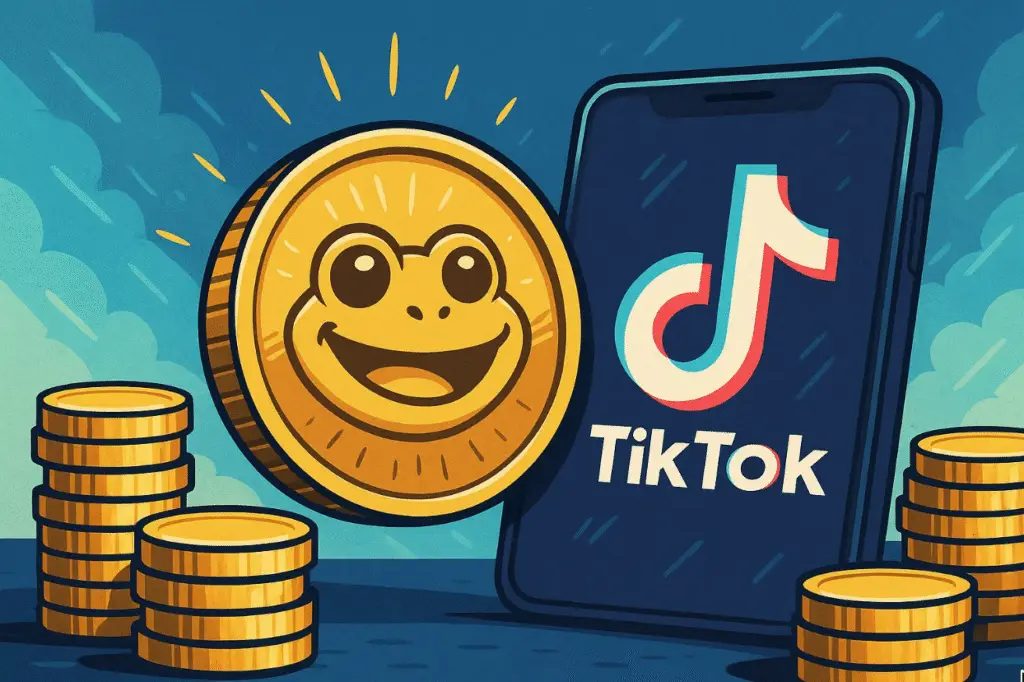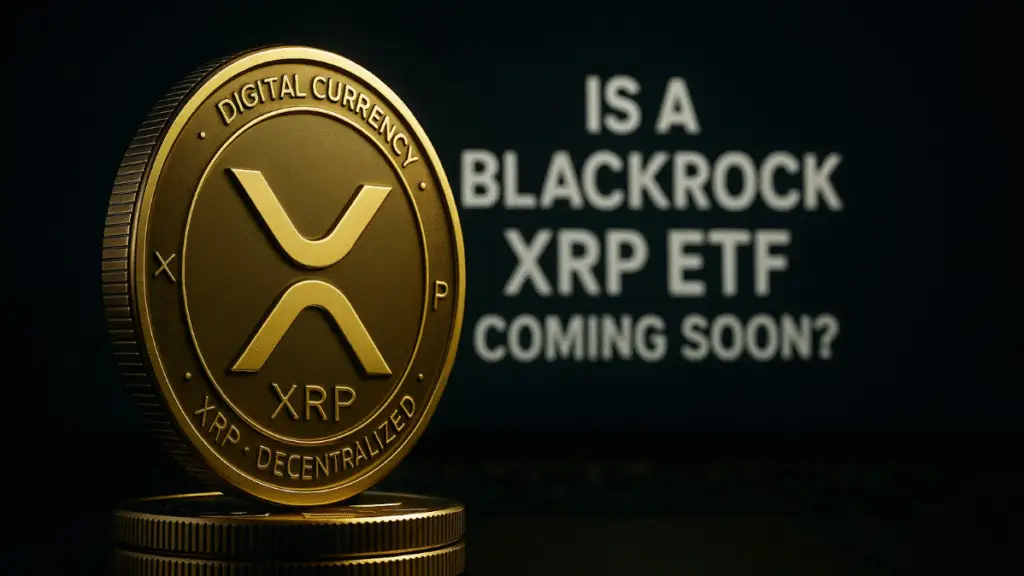Native Markets Leads on Polymarket Odds
According to Polymarket, Native Markets is the frontrunner to win control of Hyperliquid’s USDH stablecoin, with bettors giving it 92% odds. These are the highest odds so far, cementing the project’s position as the likely winner.
The market confidence signals strong validator backing ahead of Sunday’s vote. Traders see this as a sign of strong alignment between validators and community sentiment. The odds reflect not just speculation but a growing belief that Native Markets has already secured the necessary support.
Hyperliquid Foundation Steps Back
In a major move, Hyperliquid removed its staked HYPE tokens from validator weighting, reducing its own influence in the process. The foundation pledged to abstain and instead align with the team that garners the most community support. This change has shifted decision-making power directly into the hands of token holders. It also sends a message that Hyperliquid wants this process to be perceived as fair and transparent. By stepping back, the foundation is reinforcing the principle of decentralization that it promotes.
$5.9 Billion Reserve at Stake
The winner of the bid will oversee Hyperliquid’s $5.9 billion stablecoin reserve, currently dominated by Circle’s USDC. This massive reserve underpins liquidity across Hyperliquid’s trading ecosystem, making the decision highly consequential. Whoever gains control will help shape the platform’s long-term financial architecture. The management of this reserve will also directly impact trader confidence in USDH’s stability. For many, this vote is as much about trust as it is about technical execution.
Recommended Article: Ethena Labs Joins Bidding War for Hyperliquid’s USDH Stablecoin
Intense Competition Among Bidders
Eight firms initially submitted proposals to manage USDH, including heavyweights like Paxos, Frax, Agora, and Sky (formerly MakerDAO). Even BitGo and OpenEden threw their hats in the ring, adding more depth to the race. The field narrowed after Ethena Labs withdrew on Thursday, leaving Native Markets as the overwhelming favorite. Each bidder emphasized compliance, scalability, and community incentives in their pitches. The competition has drawn attention to how critical USDH could be for Hyperliquid’s future dominance.
Controversy Over Fairness and Bias
Critics argue that Native Markets may have had an unfair advantage, given its deep ties to Hyperliquid’s ecosystem through co-founder Max Fiege. Dragonfly’s Haseeb Qureshi called the process “a bit of a farce,” suggesting the outcome was predetermined. Other analysts have also questioned how a newcomer quickly secured such overwhelming validator support.
This controversy has created a split between those who see the process as authentic and those who believe it undermines credibility. The debate underscores the challenges of balancing insider expertise with transparent governance.
Competing Proposals Offer Big Incentives
Paxos pledged compliance with both MiCA and the GENIUS Act, while also promising to allocate 95% of reserve yields to HYPE buybacks. Agora went even further, vowing to share 100% of net revenue with Hyperliquid. These aggressive offers highlight the fierce competition for influence over USDH issuance. The commitments underscore just how valuable the stablecoin’s reserve management is perceived to be. Incentives of this scale could significantly reshape token economics for HYPE holders.
Native Markets’ Pitch to the Community
Native Markets emphasized that its plan is GENIUS Act compliant and includes contributions to Hyperliquid’s Assistance Fund. The team features high-profile names such as MC Lader, former Uniswap COO, and blockchain researcher Anish Agnihotri.
Co-founder Max Fiege defended the project, stating, “we don’t take the burden to prove ourselves lightly.” Supporters argue that Native Markets represents the “community-first” ethos that Hyperliquid stands for. Whether this resonates with all stakeholders will be revealed in the upcoming validator vote.


